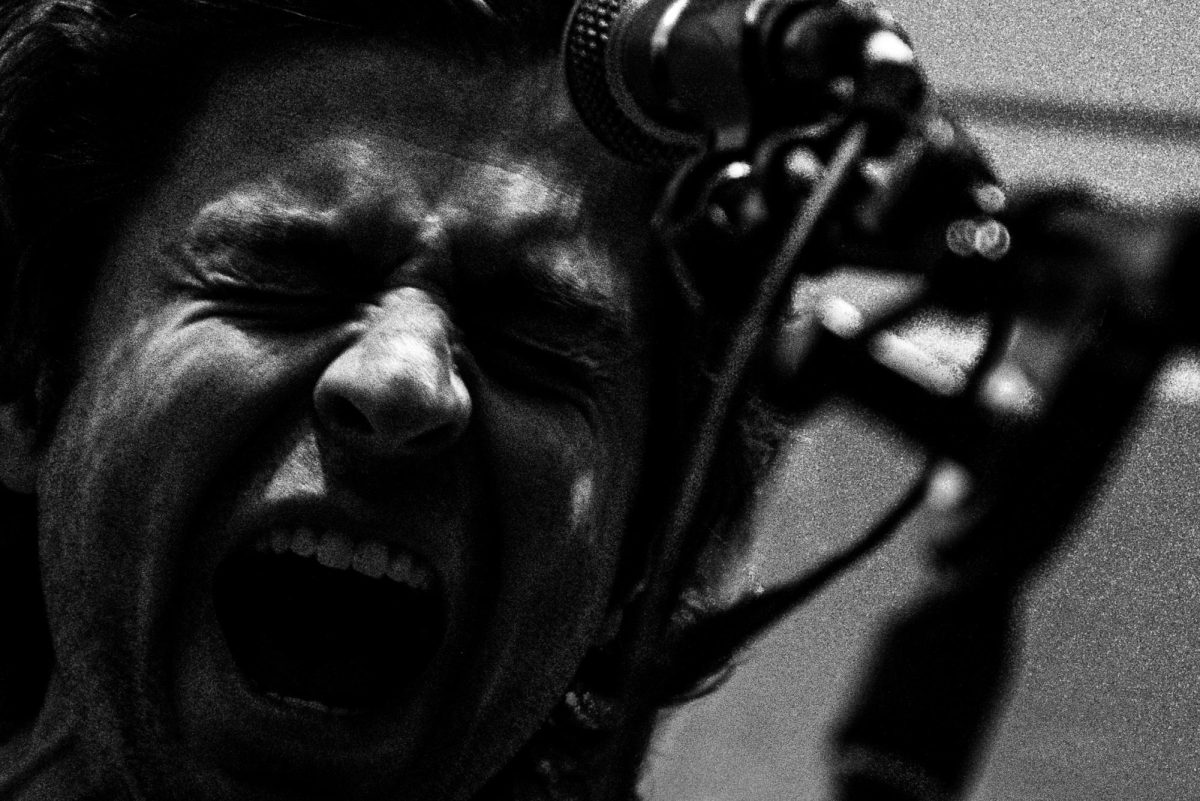Shaken Not Stirred: Protest Music
January 30, 2014
I’m always intrigued by music with an intended purpose, music with a clear and straightforward agenda. I’m not talking about the repetitive expression of love or the overanalyzed pain of heartbreak, but music with the goal of arousing complex thought and devotion to change.
In my class, American Music and Politics of Protest, protest music is the center of discussion. We view self-expression as a tool used to shed light on social, political, and economic causes that are otherwise ignored or avoided. Perhaps a perfect example of this music-with-a-purpose is Marvin Gaye’s “What’s Going OnÛ. Written in 1969 by Four Tops member, Obie Benson, “What’s Going On” touches on issues of all sorts: political and social, foreign and domestic, personal and public. Its lyrics convey Benson’s frustration and disappointment with the world and the issues it faced at the time, which include civil rights, war, and the government.
Benson stated in an interview:
“They had the Haight-Ashbury then, all the kids up there with the long hair and everything. The police was beating on the kids, but they wasn’t bothering anybody. I saw this, and started wondering what was going on. What is happening here?’ One question leads to another. Why are they sending kids so far away from their families overseas?’ And so on.Û
Benson begins to express these thoughts in his song by addressing the Vietnam War with the lyrics, “Brother, brother, brother/There’s far too many of you dying” and later, “We don’t need to escalate/You see, war is not the answerÛ. He transitions to the chorus that brings up the domestic issue of government violence towards protesters: “Picket lines and picket sign/Don’t punish me with brutalityÛ. Benson’s final verse condemns the lack of individuality among the general public due to the inescapable judgments made forth by the government and those in power. Gaye sings, “Mother, mother/Everybody thinks we’re wrong/Oh, but who are they to judge us/Simply because our hair is longÛ.
Although, lyrically, “What’s Going On” is simple and straightforward, the emotion and soul in Marvin Gaye’s voice transcend the speakers and instantly connect with the listener, ultimately illustrating the problematic events of the 60s and 70s through the music medium and turning the hurdles of American society into topic of conversation.













